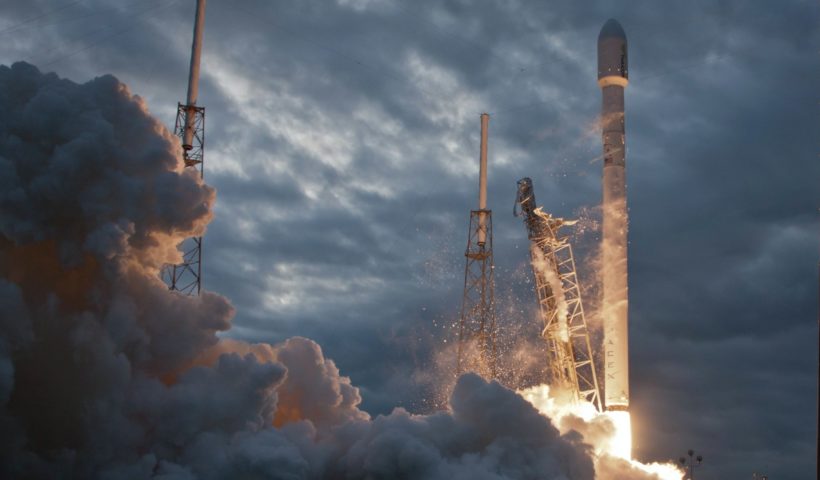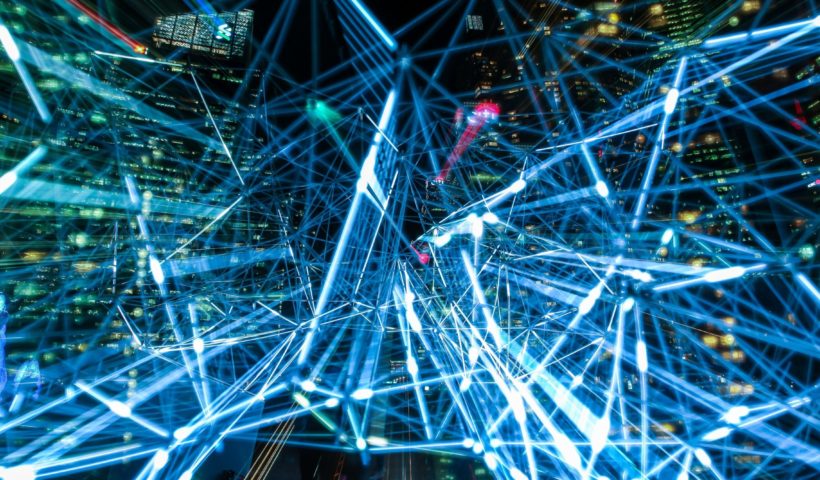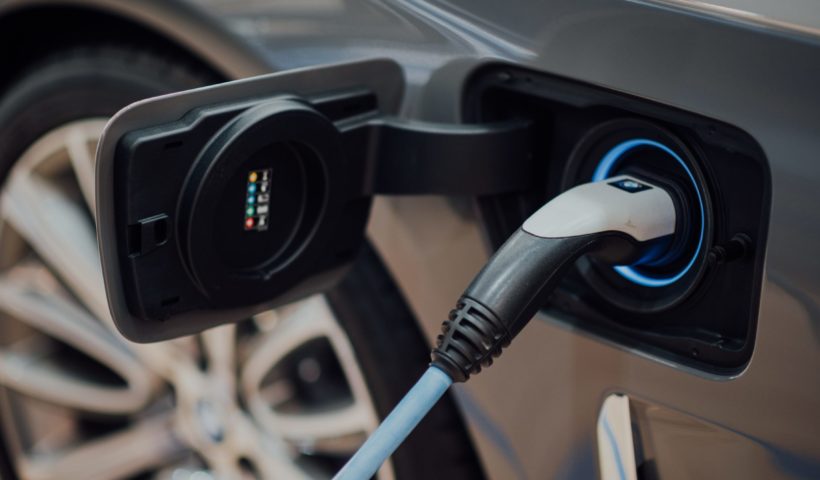Advancements in artificial intelligence (AI) have begun to deliver breakthroughs in breast cancer screening and detection, especially for signs that doctors miss in their examinations. Nevertheless, the use of cancer detection technology still faces many obstacles before it can be used ubiquitously in healthcare.
View More Using A.I. to Detect Breast CancerCategory: Semester
Why Educational Game Design Matters
Kerbal Space Program 2 has just been released, and the scientific community is beyond thrilled. The original Kerbal Space Program is a beloved video game that encourages players to learn rocket science through a complex and realistic physics engine. It tackles a unique design challenge of being educational and fun and has suggested the value of enjoyment as the most necessary aspect of learning.
View More Why Educational Game Design MattersSolar Geoengineering Research Moves Forward Despite Pushback
Solar geoengineering research aims to understand the plausibility and possible effects of artificially cooling the Earth. Scientists around the world have vastly different opinions about continuing the research, many stating that it should be banned altogether. As the U.S. heads into the next phase of studying solar geoengineering, concerns loom regarding its possible consequences.
View More Solar Geoengineering Research Moves Forward Despite PushbackMartin Shkreli Returns as Drug Prices Continue to Rise
Martin Shkreli became the internet’s most hated man in 2015 for hiking the price of life-saving medicine and mocking his online critics. Last month, Shkreli returned to the headlines when he started a new drug discovery company. As the FTC cracks down on Shkreli’s business, drug prices continue to rise.
View More Martin Shkreli Returns as Drug Prices Continue to RiseWhy Bots Shouldn’t be the Hiring Tool of the Future
It is no secret that nearly all major companies now implement some sort of artificial intelligence- (AI) powered screening softwares in their employment practices. However, despite all of the advancements behind this technology, using AI to vet job candidates may actually involve many discriminatory practices.
View More Why Bots Shouldn’t be the Hiring Tool of the FutureElectric Vehicles: Climate Saver?
Hosts Maya and Josh discuss the ethics of lithium battery mining and electric vehicle use with a panel of engineering essayists.
View More Electric Vehicles: Climate Saver?Reviving Extinct Species: Science Fact or Fiction?
The extinction of any species causes irreversible damage to the ecosystems they once inhabited. Now, scientists are seeking ways of reversing that damage by bringing back extinct species through genetic engineering. This has sparked a debate on whether these efforts are genuine attempts at wildlife conservation, or a naïve business venture that pulls resources from the species that need help in the present.
View More Reviving Extinct Species: Science Fact or Fiction?New Research May Lead to the Reversal of Aging
What scientists thought they knew about aging may not be the whole picture. Recent findings tell a new story about how and why aging occurs by discovering a way to reverse the biological clock in lab mice.
View More New Research May Lead to the Reversal of AgingNew AI, New Problems: ChatGPT in the Classroom
The introduction of OpenAI’s AI text generator ChatGPT late last year has amplified the conversation surrounding AI use in classrooms. Aside from issues of dataset bias, OpenAI must also contend with critics who question whether ChatGPT is being used for academic assignments. Plagiarism software must now accelerate development in order to identify ChatGPT’s human-like responses.
View More New AI, New Problems: ChatGPT in the ClassroomStreaming Services Continue to Raise Prices
Since the development of streaming services, people have been able to watch their favorite movies and television shows on their own time and within the comfort of their own homes. However, with the ever-increasing price that comes with subscriptions to services like Netflix, HBO Max, Hulu, and others, consumers are debating whether streaming giants are truly as accessible as they were meant to be.
View More Streaming Services Continue to Raise Prices









